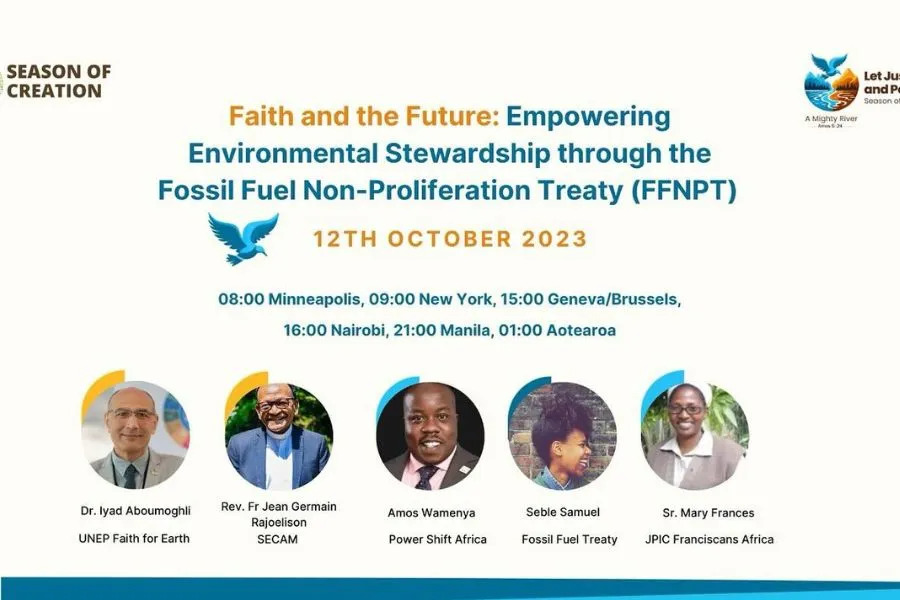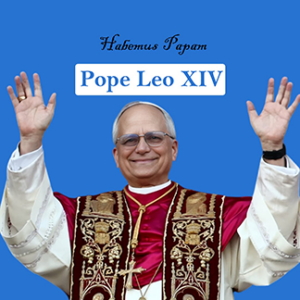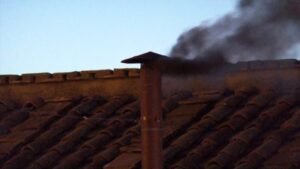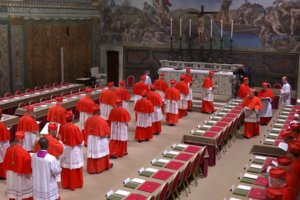SECAM: Ahead of COP28, Bishops in Africa Ask World Leaders to Prioritize Efforts that Accelerate Emission Reductions

Sr. Jecinter Antoinette Okoth, FSSA
In preparation for the 28th Conference of the Parties of the United Nations Framework Convention on Climate Change (COP 28), slated for 30 November to 12 December, in Dubai, United Arab Emirates (UAE), Bishops in Africa under their umbrella body Symposium of Episcopal Conferences of Africa and Madagascar (SECAM) have appealed to the world leaders to prioritize ways of reducing carbon emissions which are adversely affecting the environment.
In the statement read out by the SECAM Program Manager in the Justice, Peace and Development Commission, on Thursday, October 12, during a webinar session, SECAM leadership highlighted their concern saying; “As Catholic communities in Africa, we ask the leaders at the 28th Conference of the Parties of the United Nations Framework Convention on Climate Change (COP 28), to recognize their moral duty and commit to urgently taking ambitious action to protect our common home and the most vulnerable.”
They noted that the moral responsibility and spiritual commitment that we have for all that we do towards environmental care and sustainability is what will “lead to a better future for our planet.” Hence, the bishops in Africa and the Islands call on world leaders to listen to the plight of the earth and of the most vulnerable by phasing out fossil fuels and endorsing and adopting the Fossil Fuel Non-Proliferation Treaty.
According to the Church leaders in their statement shared with AMECEA Online, Africa stands a better chance for a global solution to climate change because it has access to “abundant natural assets.”
“The continent possesses both the potential and the ambition to be a vital component of the global solution to climate change,” reads part of the statement as it adds, “It (Africa) is home to the world’s youngest and fastest-growing workforce, coupled with massive untapped renewable energy potential, abundant natural assets, and entrepreneurial spirit.”
Besides, the bishops said, “Our continent has the fundamentals to pioneer a climate-positive pathway as a thriving, cost-competitive industrial hub with the capacity to support other regions in achieving their net zero ambitions.”
Even though Africa still has access to abundant natural assets, the members of SECAM narrated, that the continent is experiencing “exacerbated climate change and biodiversity impacts with health and security already at risk due to extreme weather conditions, rising sea levels, and other climate change-induced challenges.”
The upcoming conference in Dubai will bring together government leaders’ businessmen and women, civil society organizations, the youth, and Non- Non-governmental organizations (NGOs), among others in a concerted drive for inclusive progress toward climate action.
According to the bishops in Africa, the new apostolic exhortation Laudato Deum which was released by Pope Francis early this month and is a sequel of Laudato Si illustrates the global social issues of climate change and echoes the obvious nature of climate change impacts.
In the book, the Pope has highlighted that “It is not possible to conceal the correlation between these global climate phenomena and the accelerated increase in greenhouse gas emissions.” (LD 13). At the same time, “We must move beyond the mentality of appearing to be concerned but not having the courage needed to produce substantial changes.”
The bishops further revealed that the society is not keen on keeping the 1.5°C limit agreed upon in Paris and that global emissions must be cut by 45% in this decade saying, “We know that at this pace in just a few years, we will surpass the maximum recommended limit of 1.5° C and shortly thereafter even reach 3° C, with a high risk of arriving at a critical point.”
Amidst this concern, the Church leaders continued, “It is certain that the consequences would be disastrous, and precipitous measures would have to be taken, at enormous cost and with grave and intolerable economic and social effects.”
They note that the measures to be taken may be costly, but as Laudato Deum states, “the cost will be all the more burdensome the longer we wait”. (LD 56), and “the necessary transition towards clean energy sources such as wind and solar energy, and the abandonment of fossil fuels, is not progressing at the necessary speed. Consequently, whatever is being done risks being seen only as a ploy to distract attention.” (LD 55).
In their plea to world leaders, the bishops call on world leaders to tackle both climate change and biodiversity loss together as they are inextricably linked. “Biodiversity is collapsing in front of our very eyes, with disastrous consequences for us all and future generations. We need to protect Africa and the rights of indigenous peoples, in particular, must be uplifted, as they are the best guardians of our common home,” they said during the webinar session organized by Laudato Si’ Movement – Africa.
They added, “Economic policies must prioritize efforts to accelerate emission reductions through just transition processes and operationalize the loss and damage fund ensuring that they are aligned with the bold goal to limit global temperature increase to 1.5°C.”
In conclusion, the Bishops appreciated the new Apostolic Exhortation Laudato Deum and echoed Pope Francis’ request who ask: “Everyone to accompany this pilgrimage of reconciliation with the world that is our home and to help make it more beautiful because that commitment has to do with our personal dignity and highest values.” (LD 69).


